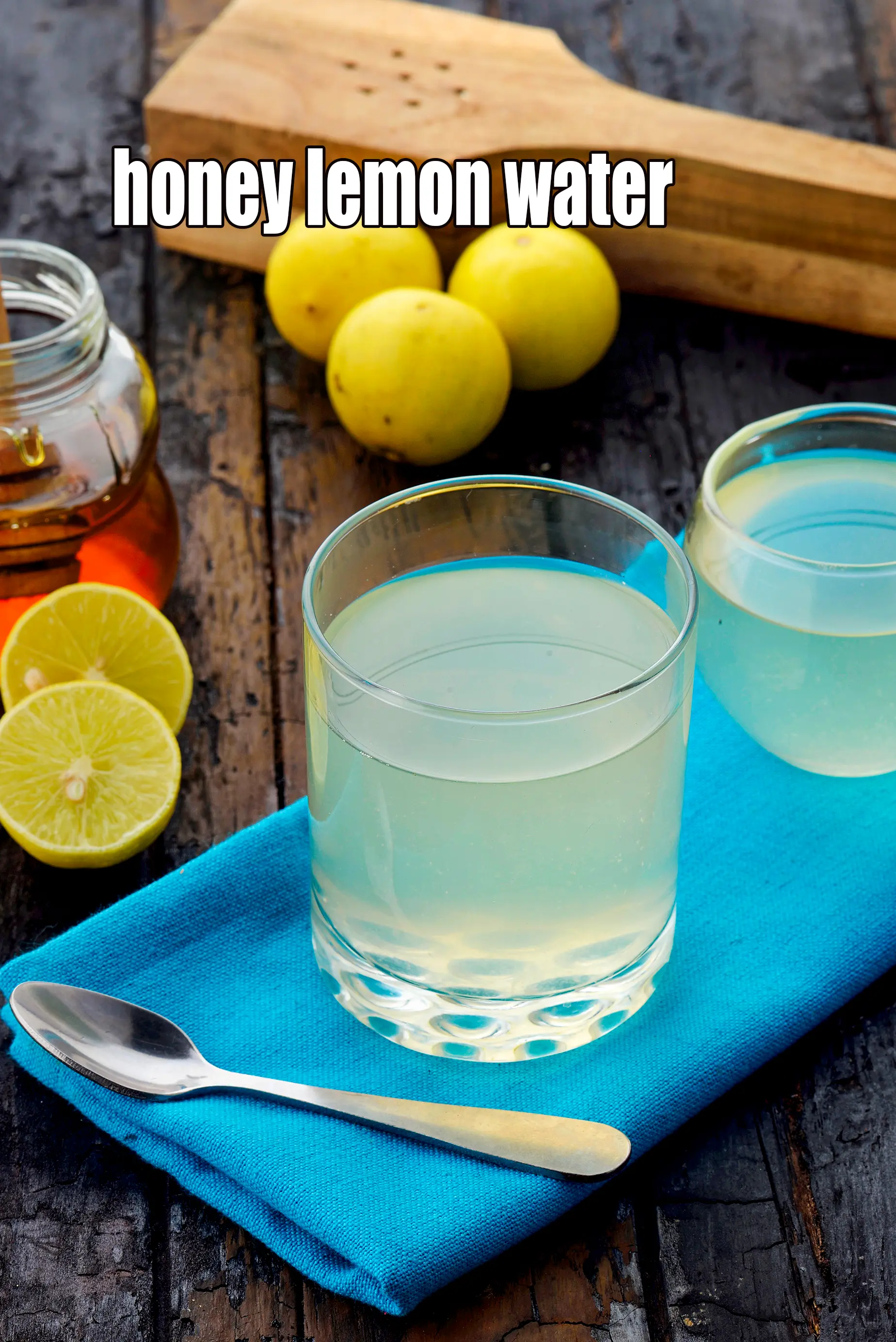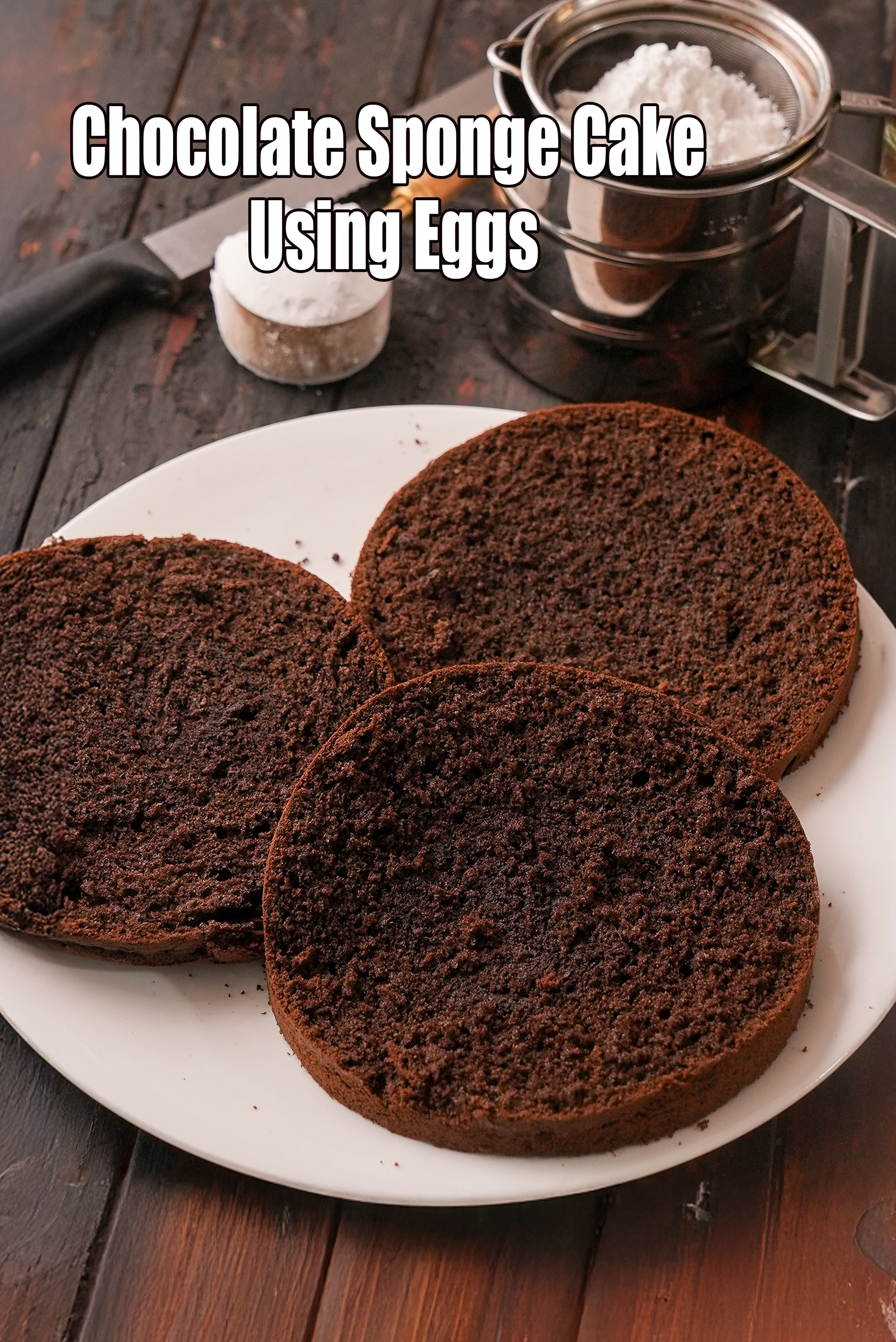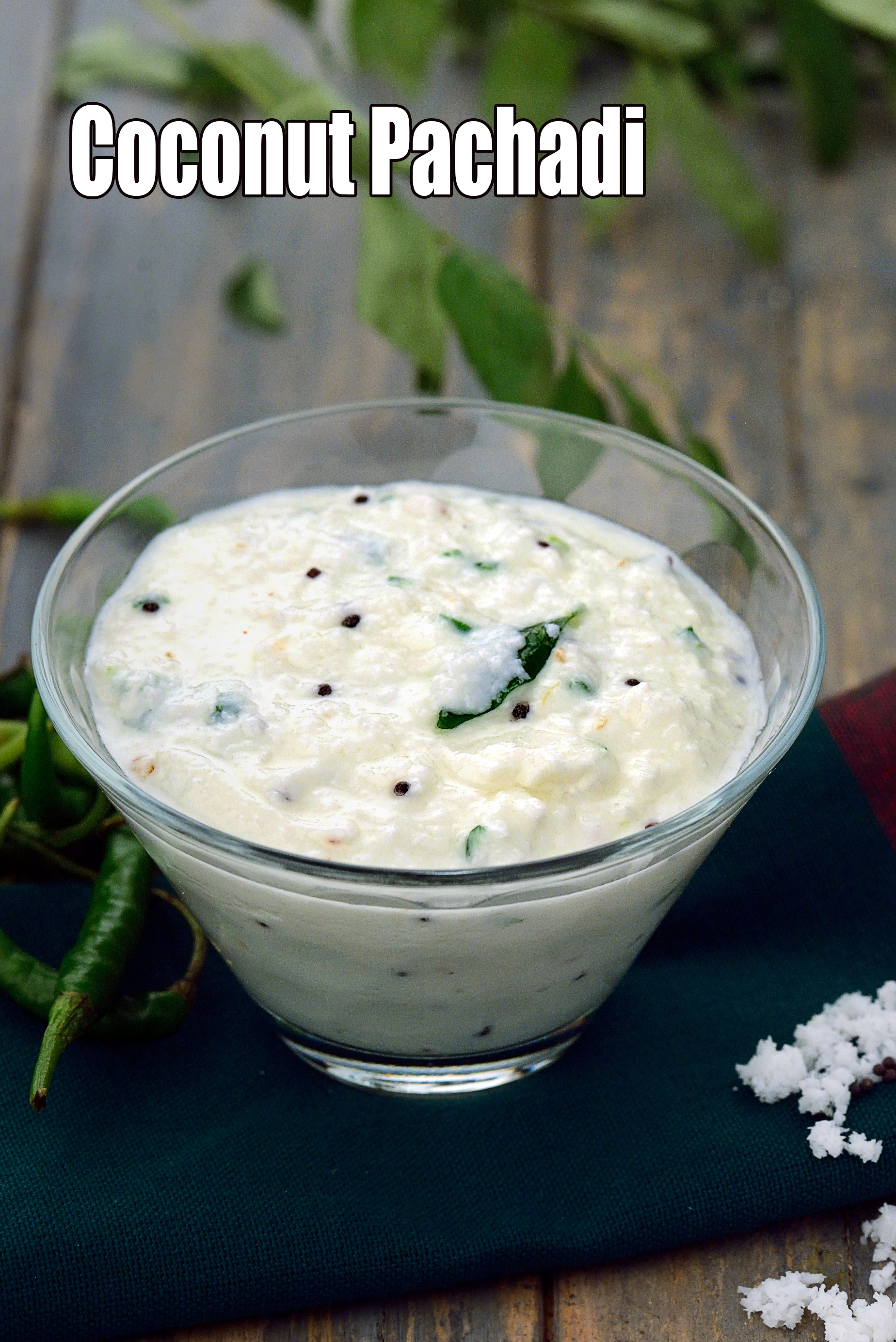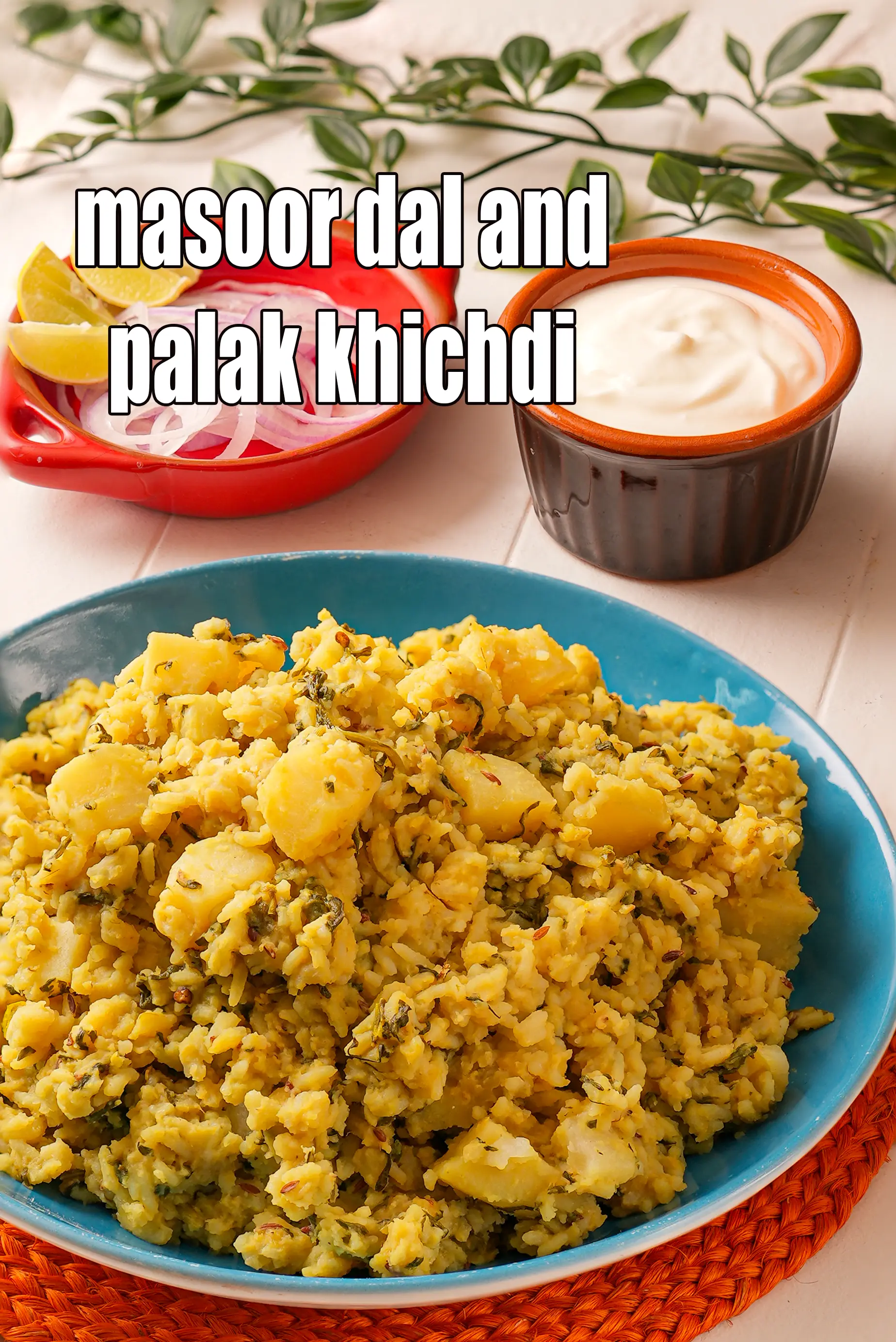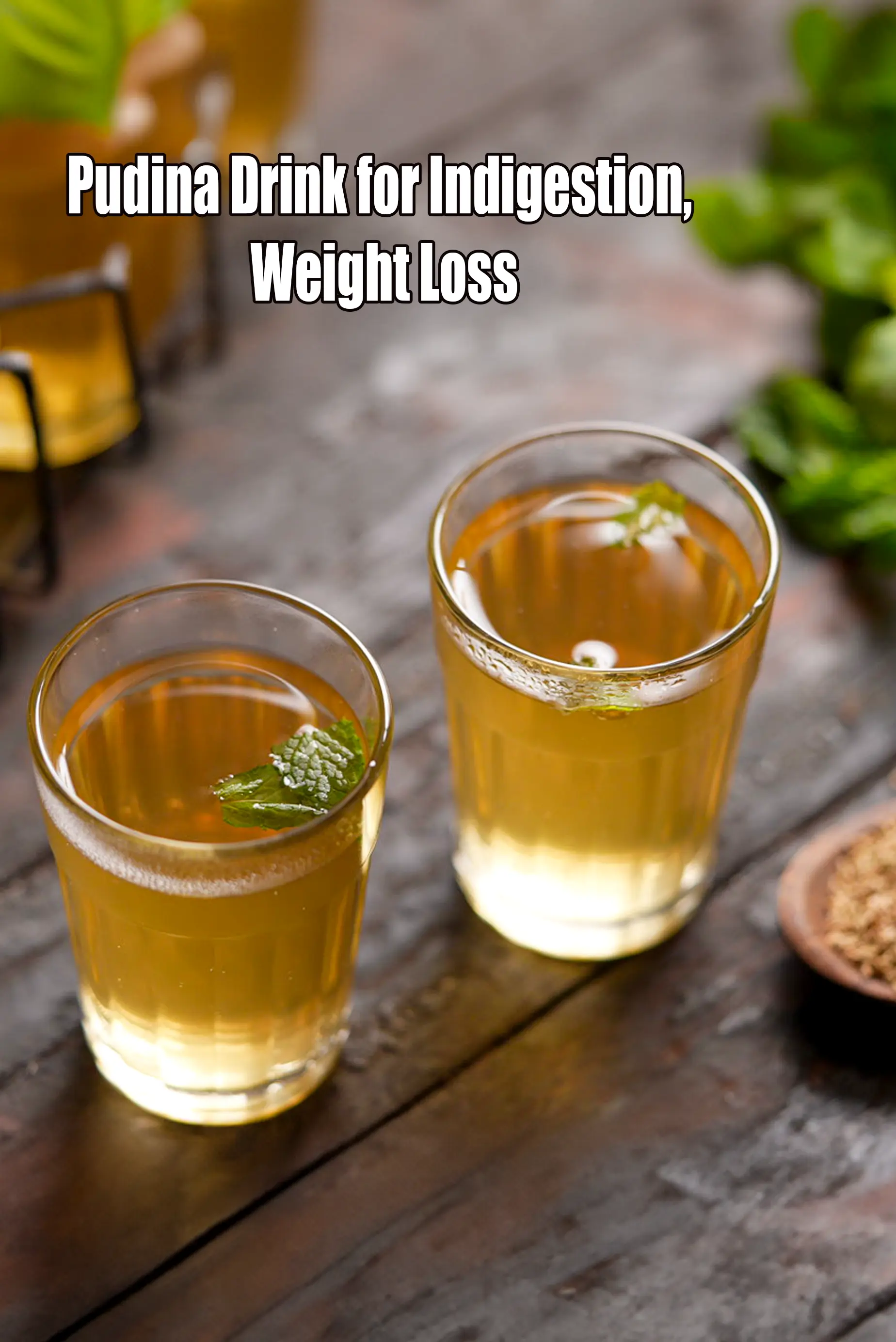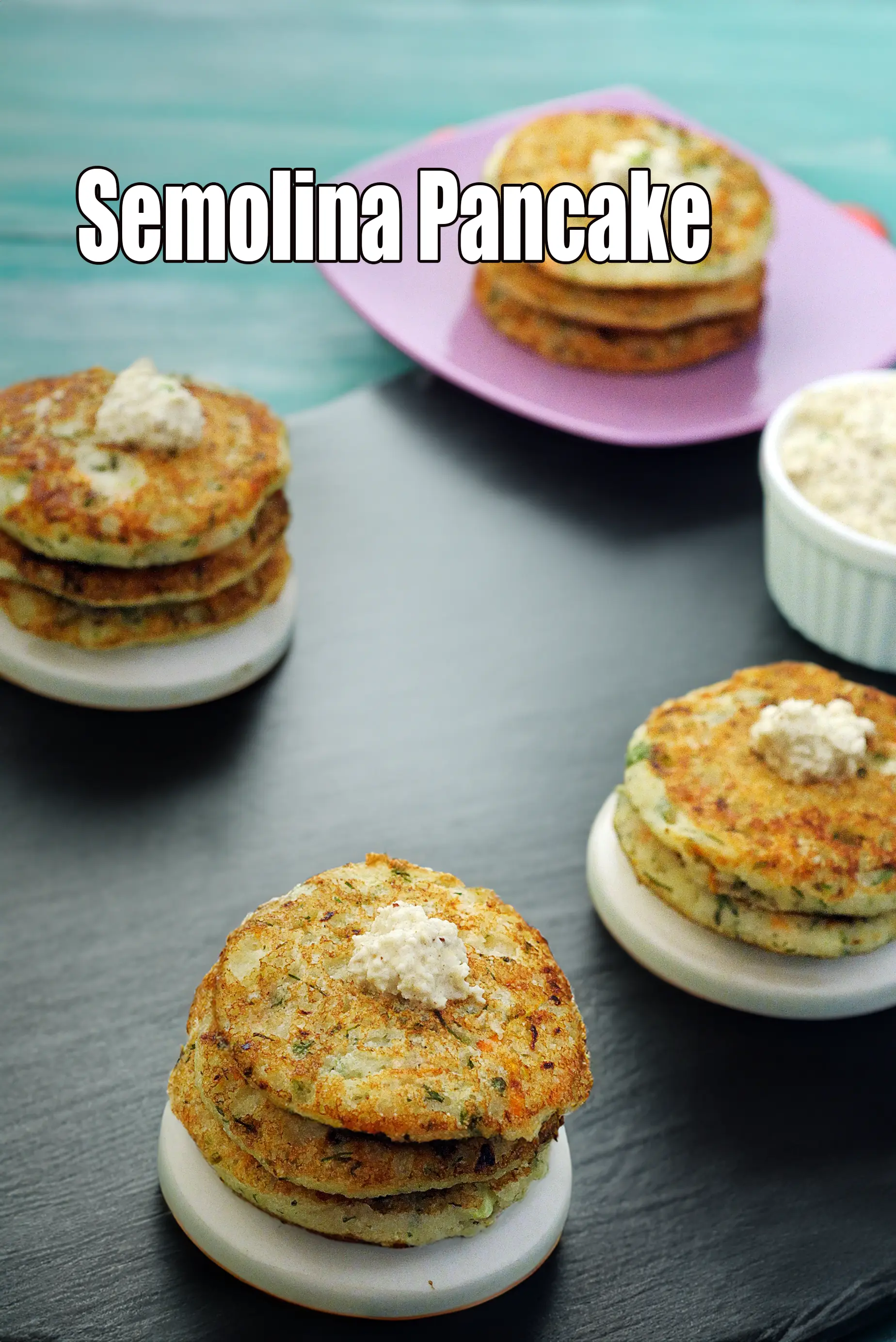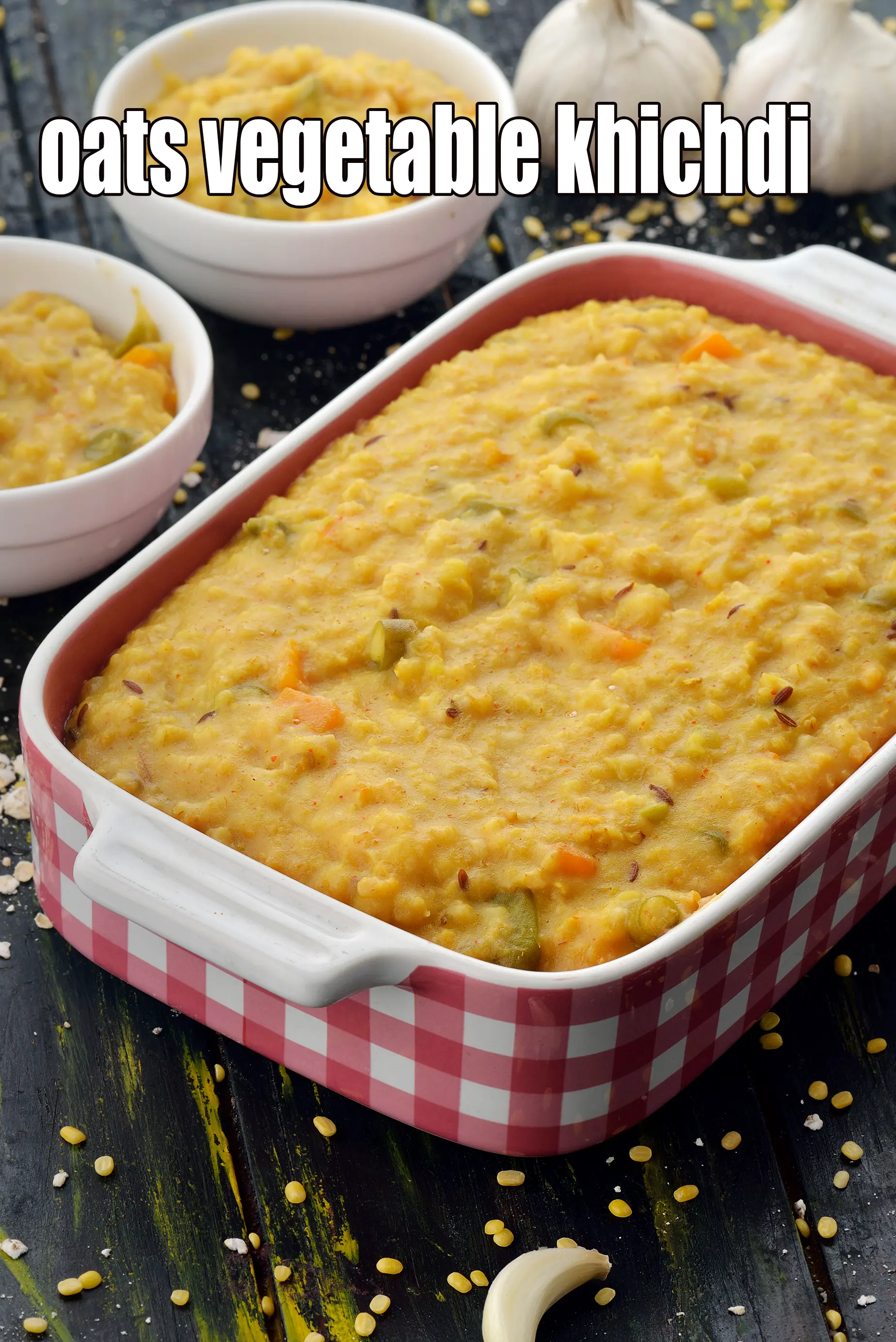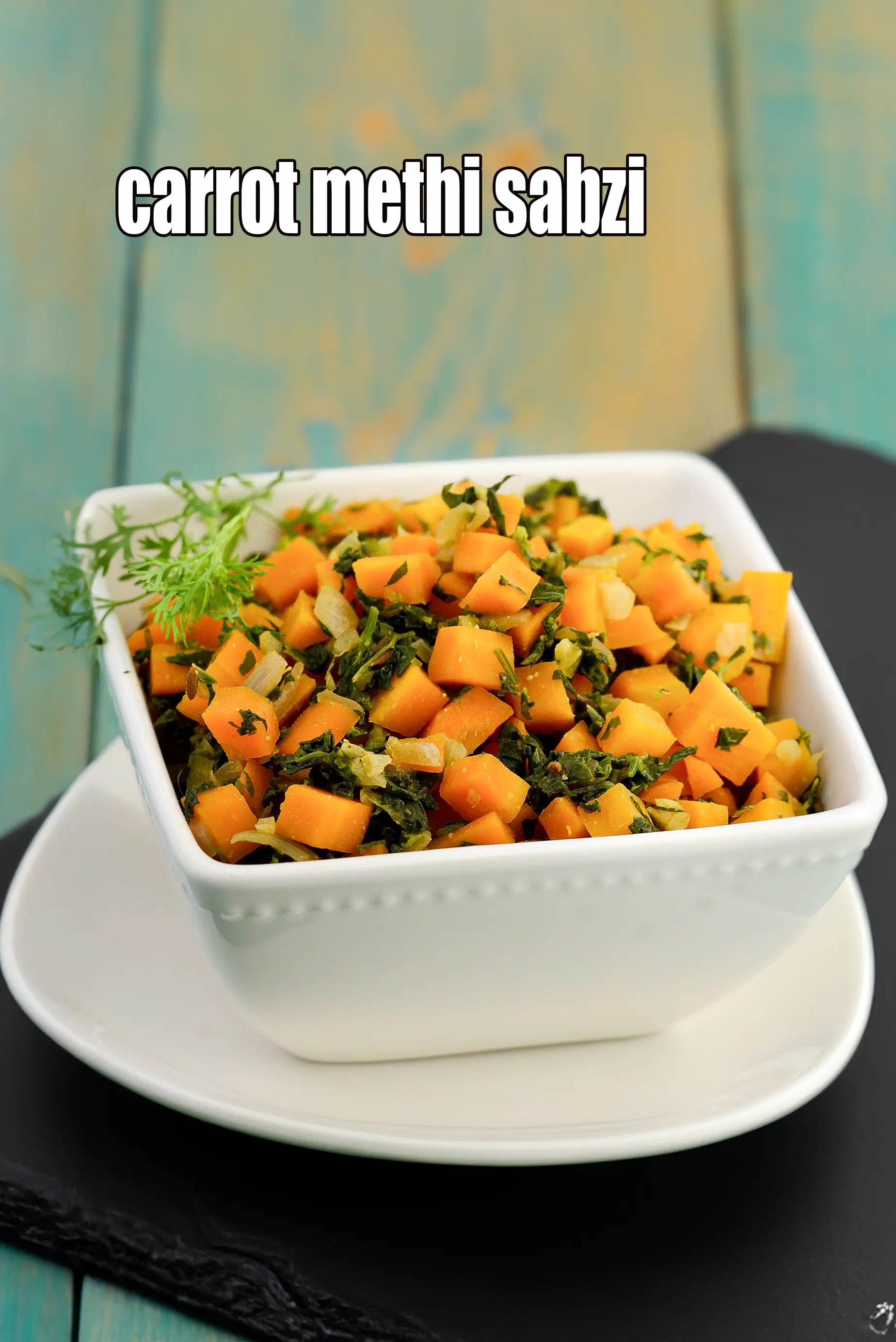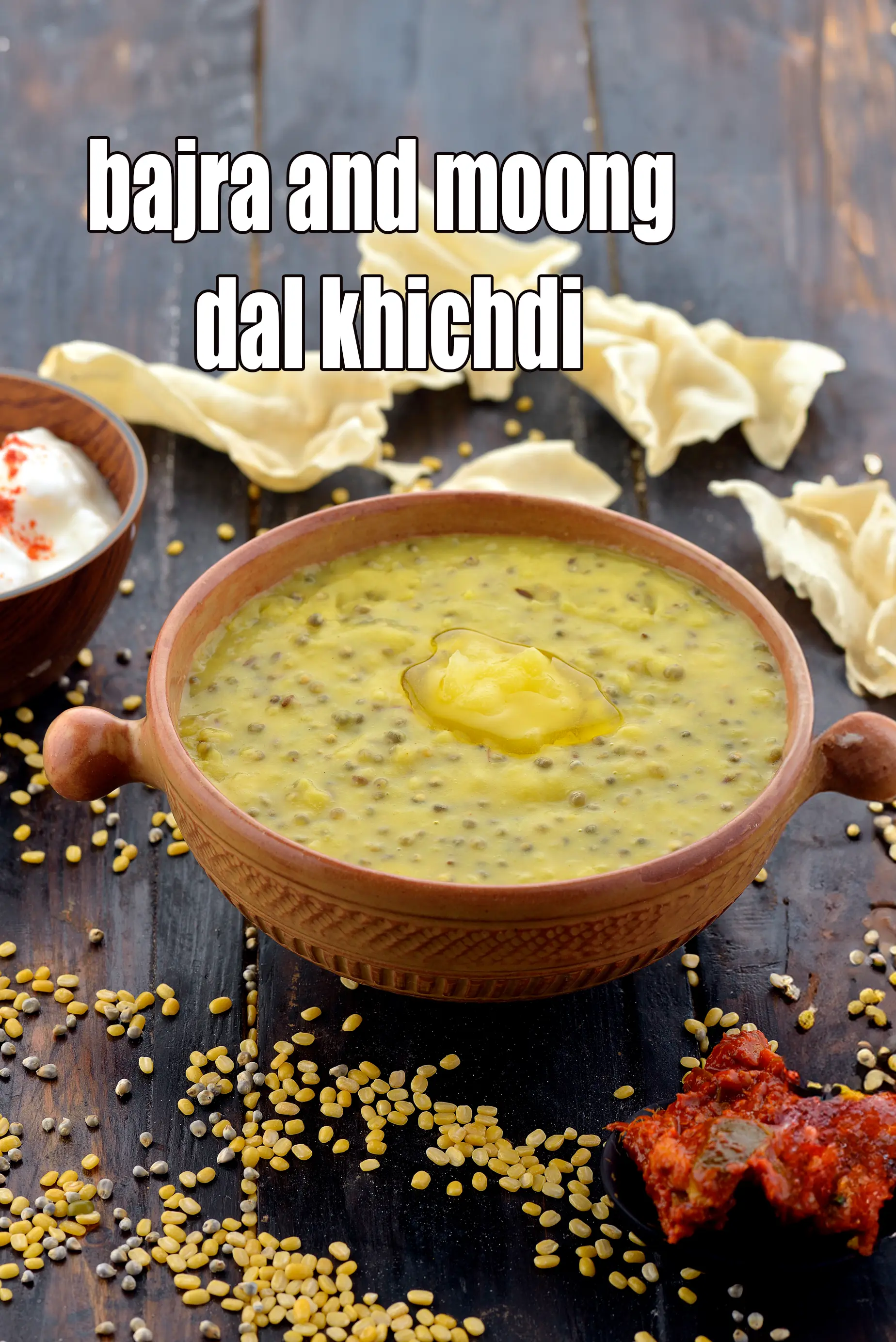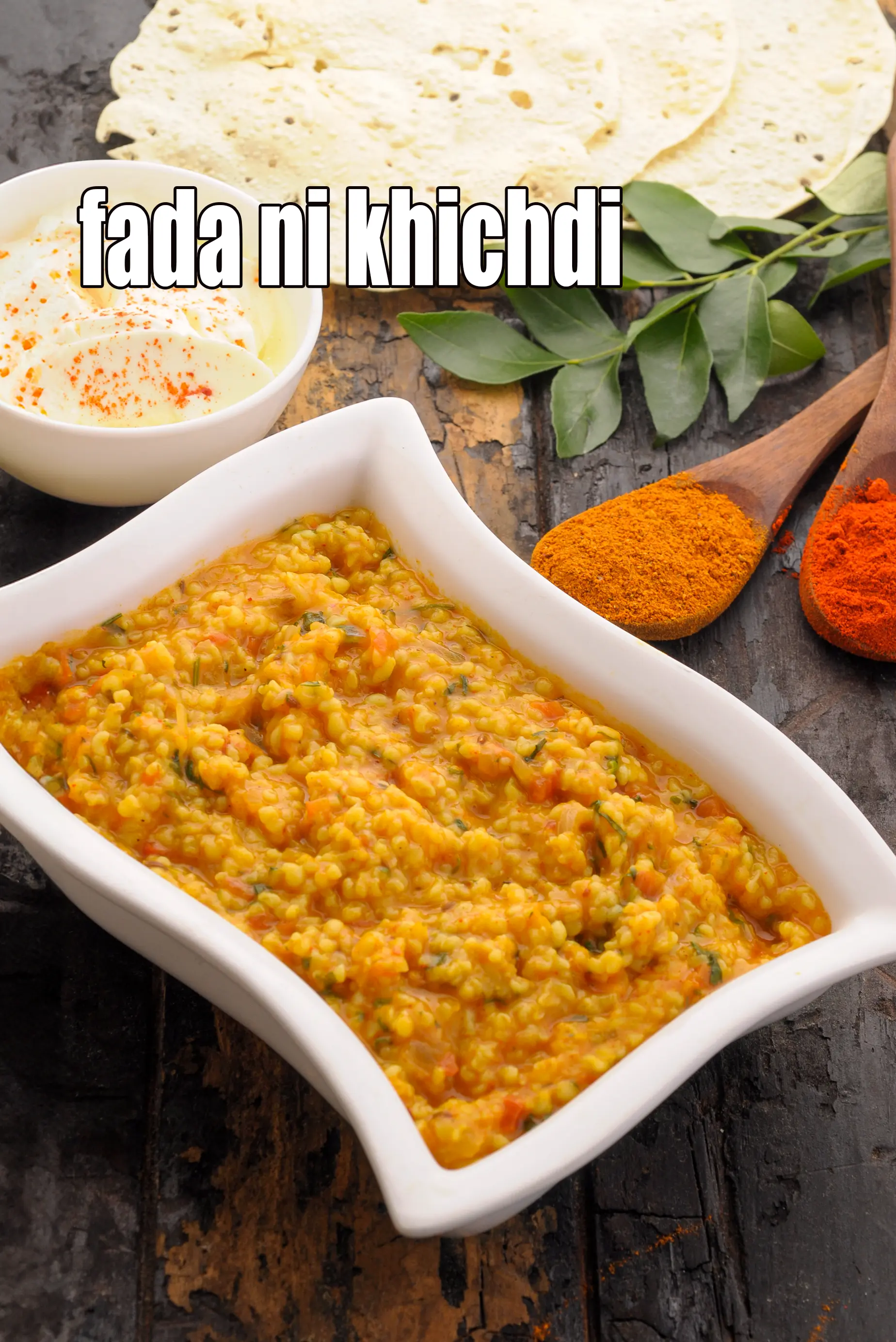Nutritional Facts of Coconut Chutney ( Mumbai Roadside Recipes), Calories in Coconut Chutney ( Mumbai Roadside Recipes)
This calorie page has been viewed 3783 times
Table of Content
How many calories does one tbsp of Mumbai Roadside Coconut Chutney have?
One tbsp (15 grams) of Mumbai Roadside Coconut Chutney gives 19 calories. Out of which carbohydrates comprise 3 calories, proteins account for 1 calories and remaining calories come from fat which is 15 calories. One tbsp of Coconut Chutney provides about 1 percent of the total daily calorie requirement of a standard adult diet of 2,000 calories.
Mumbai Roadside Coconut Chutney recipe makes 14 tbsp of coconut chutney, 15 grams each.
19 calories for 1 tbsp of Coconut Chutney ( Mumbai Roadside Recipes), Cholesterol 0 mg, Carbohydrates 9.2g, Protein 4.1g, Fat 24g. Find how much fibre, iron, calcium, zinc, magnesium, phosphorus, sodium, potassium, folic acid is present in Coconut Chutney (Mumbai Roadside Recipes).
See Mumbai roadside coconut chutney recipe | Indian street food coconut chutney | chutney for idli, dosa, uttapam, vada | with 20 amazing images.
Mumbai roadside coconut chutney is a popular condiment typically served with a variety of street foods, especially South Indian dishes like idli, dosa, and medu vada. It's known for its fresh, vibrant flavors and creamy texture.
Coconut chutney is usually served in small bowls alongside street food. It adds a refreshing element and richness to the dishes it accompanies. Its adaptability allows it to pair well not just with South Indian cuisine but also as a dip for snacks like samosas, pakoras, or even sandwiches.
Is Coconut Chutney healthy?
Yes.
Let's understand the ingredients.
What's good.
Coconut : The fresh coconut has saturated fats but most of it is MCT (Medium Chain Triglycerides) which promote weight loss. The high fibre content of 13.6 gm (45.3% of RDA) along with high lauric acid content of coconut improves cholesterol levels in the body. Improving the action of insulin secretion and lowering the raised blood sugar levels is yet another benefit of coconut for Diabetics. See here for 10 amazing benefits of coconut.
Chana Dal ( split bengal gram) : One cup of cooked Chana Dal provides 33% of your protein for the day. Chana dal is heart and diabetic friendly, also rich in fiber. Chana dal has high amount of potassium and low amounts of sodium which makes it very effective in regulating your blood pressure. Read this article on the complete benefits of chana dal.
Ginger (Adrak) : Ginger is an effective cure for congestion, sore throat, cold and cough. It aids digestion and relieves constipation. Ginger was found as effective as drugs in relieving menstrual pain. Ginger is effective in decreasing the cholesterol levels in patients with high cholesterol. Ginger significantly reduces symptoms of nausea in pregnant ladies. See here for 16 Super Health Benefits of Adrak, Ginger.
Coriander (kothmir, dhania) : Coriander is a fresh herb often used as a flavour enhancer in Indian cooking. It is mainly used as a garnish. This is the best way to use it - no cooking. This preserves its vitamin C content which helps to build our immunity and bring that sparkle to the skin. The antioxidants vitamin A, vitamin C and the quercetin present in coriander works towards strengthening our immune system. Coriander is a fairly good source of iron and folate – the 2 nutrients which help in the production and maintenance of red blood cells in our blood. Good for reducing cholesterol and good for diabetics. Read 9 benefits of coriander to understand details.
Can diabetics, heart patients and overweight individuals have Mumbai Roadside Coconut Chutney ?
Yes. The fresh coconut has saturated fats but most of it is MCT (Medium Chain Triglycerides) which promote weight loss. The high fibre content of 13.6 gm (45.3% of RDA) along with high lauric acid content of coconut improves cholesterol levels in the body. Improving the action of insulin secretion and lowering the raised blood sugar levels is yet another benefit of coconut for Diabetics.
How to burn 19 calories that come from Coconut Chutney?
Walking (6 kmph) = 6 mins
Running (11 kmph) = 2 mins
Cycling (30 kmph) = 3 mins
Swimming (2 kmph) = 3 mins
Note: These values are approximate and calorie burning differs in each individual.
| Energy | 19 cal |
| Protein | 0.3 g |
| Carbohydrates | 0.7 g |
| Fiber | 0.4 g |
| Fat | 1.7 g |
| Cholesterol | 0 mg |
| Vitamin A | 42.8 mcg |
| Vitamin B1 | 0 mg |
| Vitamin B2 | 0 mg |
| Vitamin B3 | 0.1 mg |
| Vitamin C | 1 mg |
| Folic Acid | 0.7 mcg |
| Calcium | 2.1 mg |
| Iron | 0.1 mg |
| Magnesium | 1.1 mg |
| Phosphorus | 6.5 mg |
| Sodium | 2.1 mg |
| Potassium | 17.2 mg |
| Zinc | 0 mg |
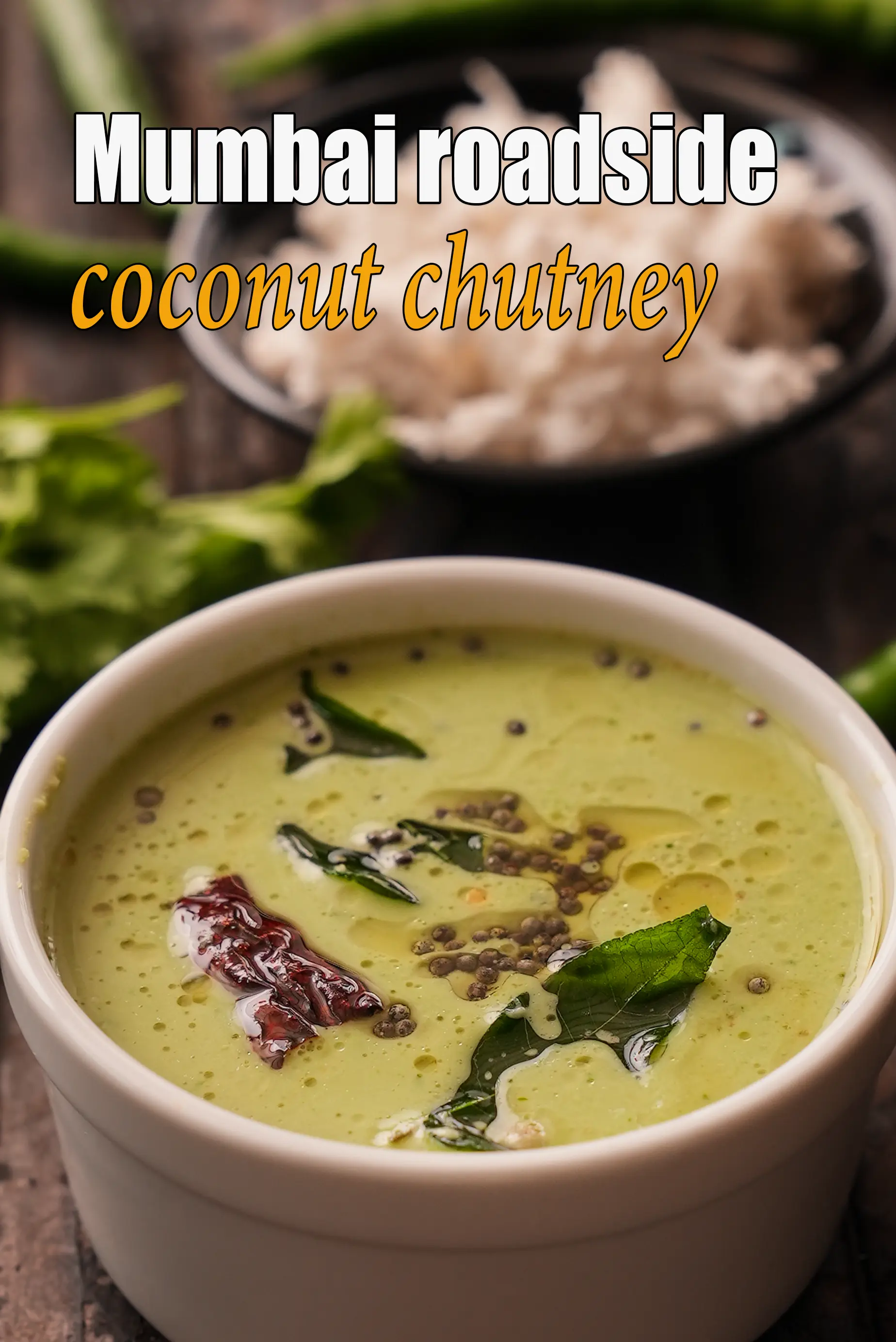
Click here to view Coconut Chutney ( Mumbai Roadside Recipes)
Calories in other related recipes

